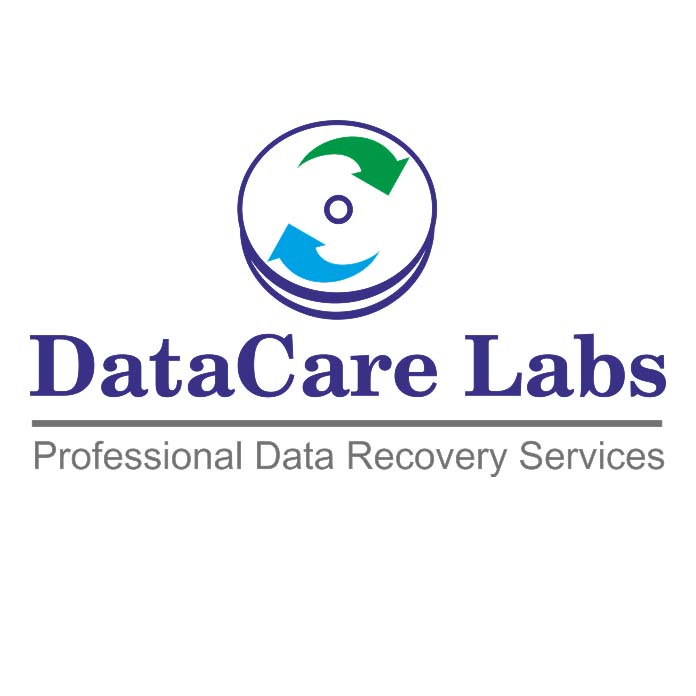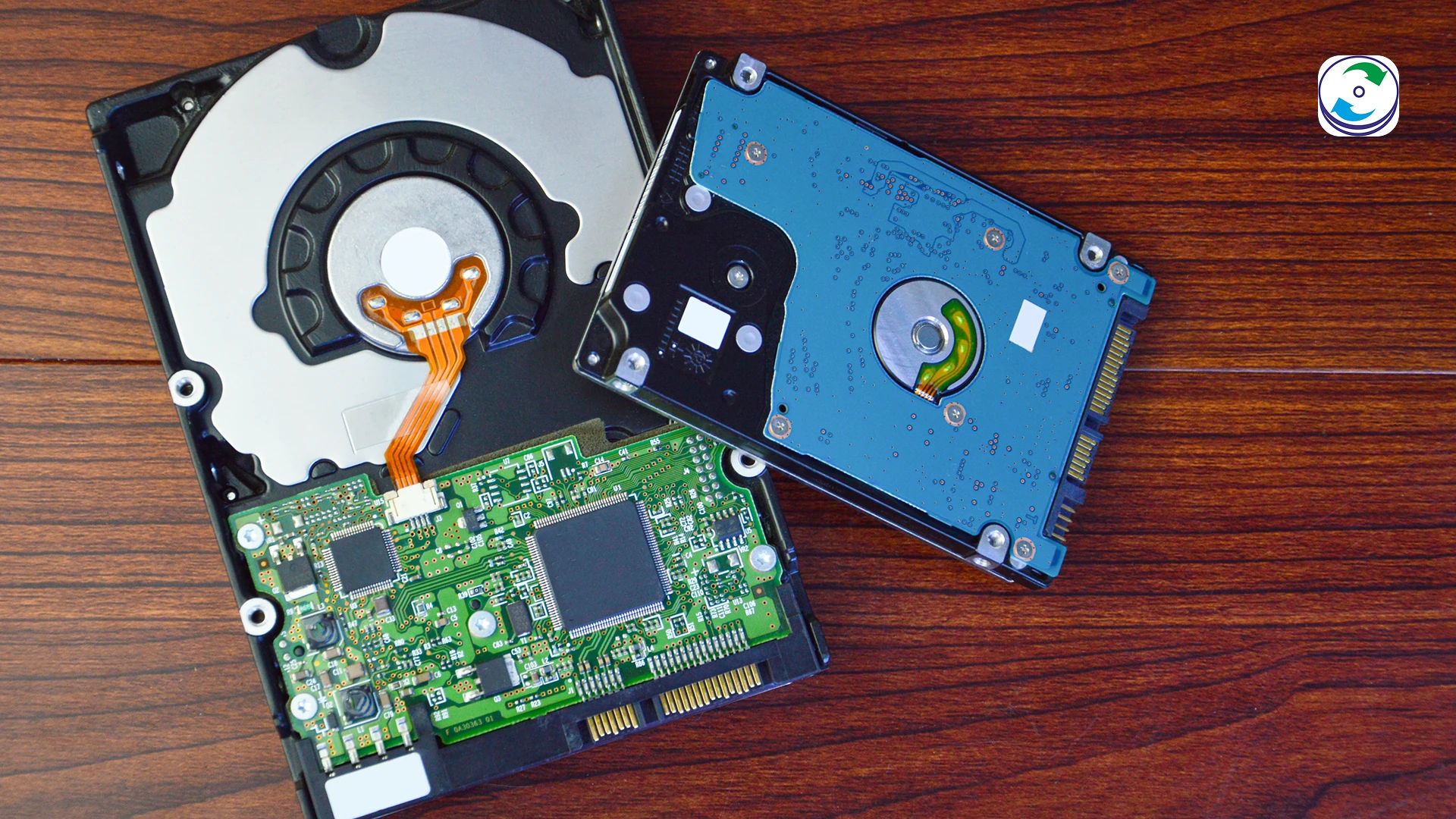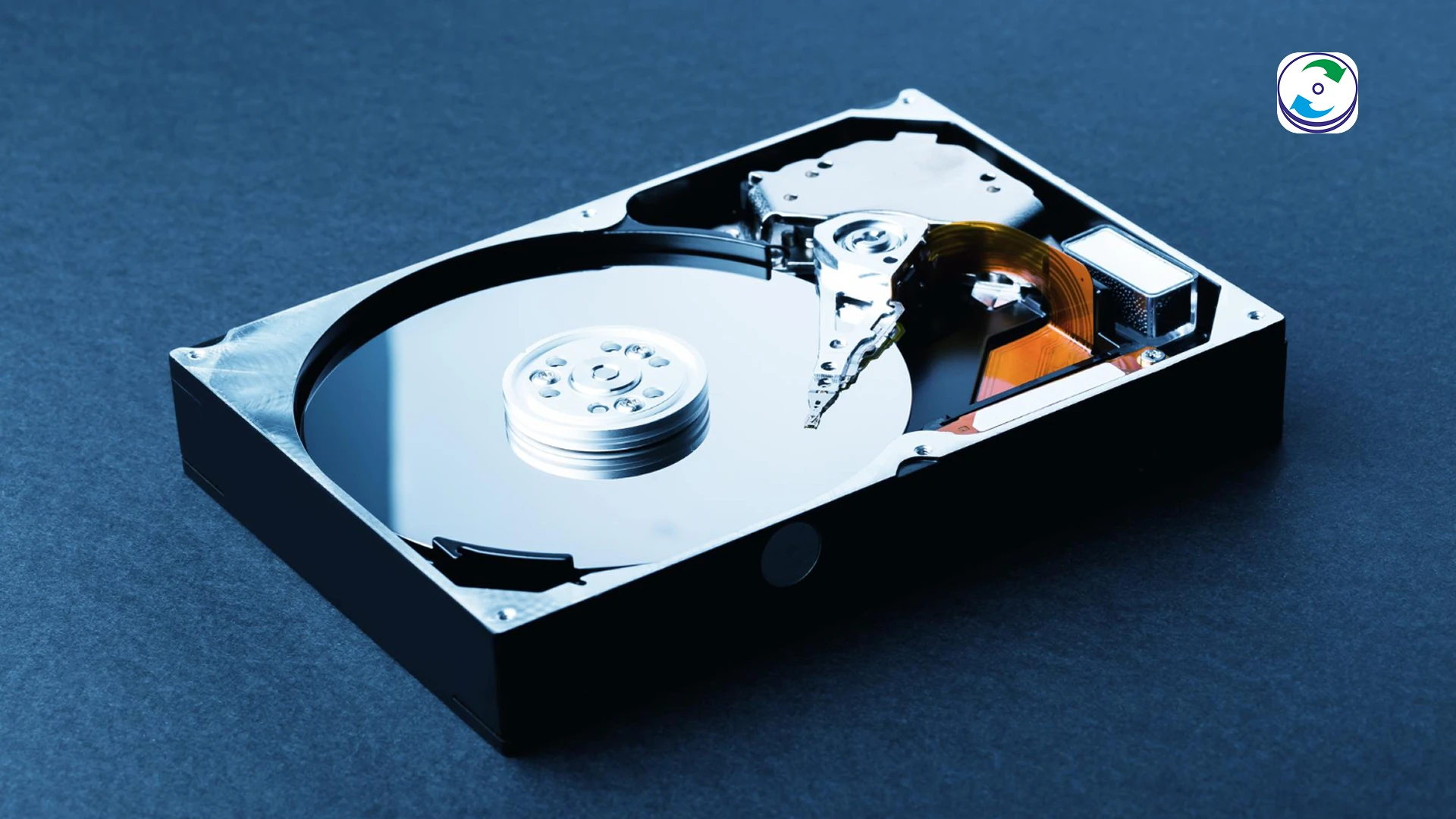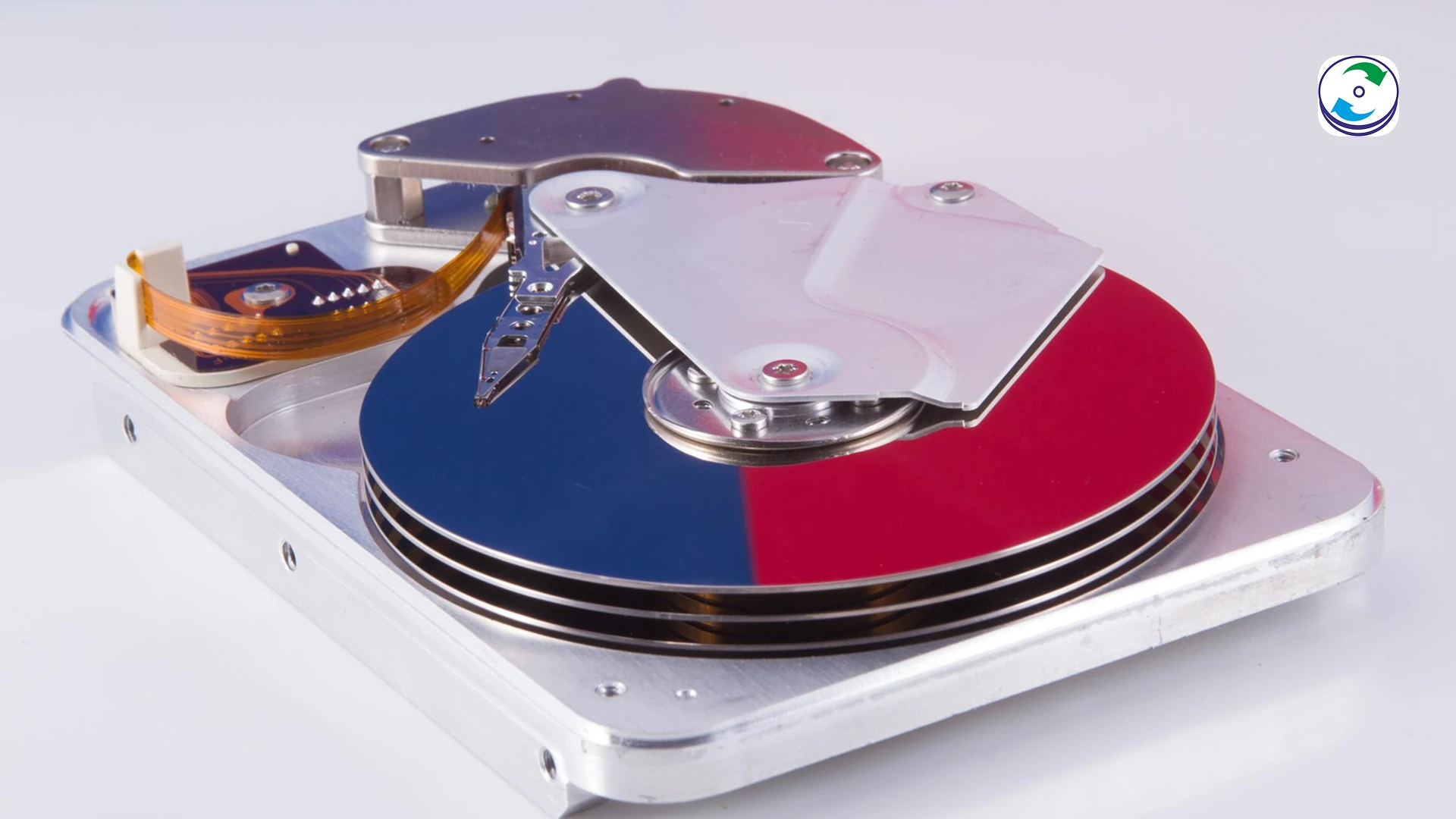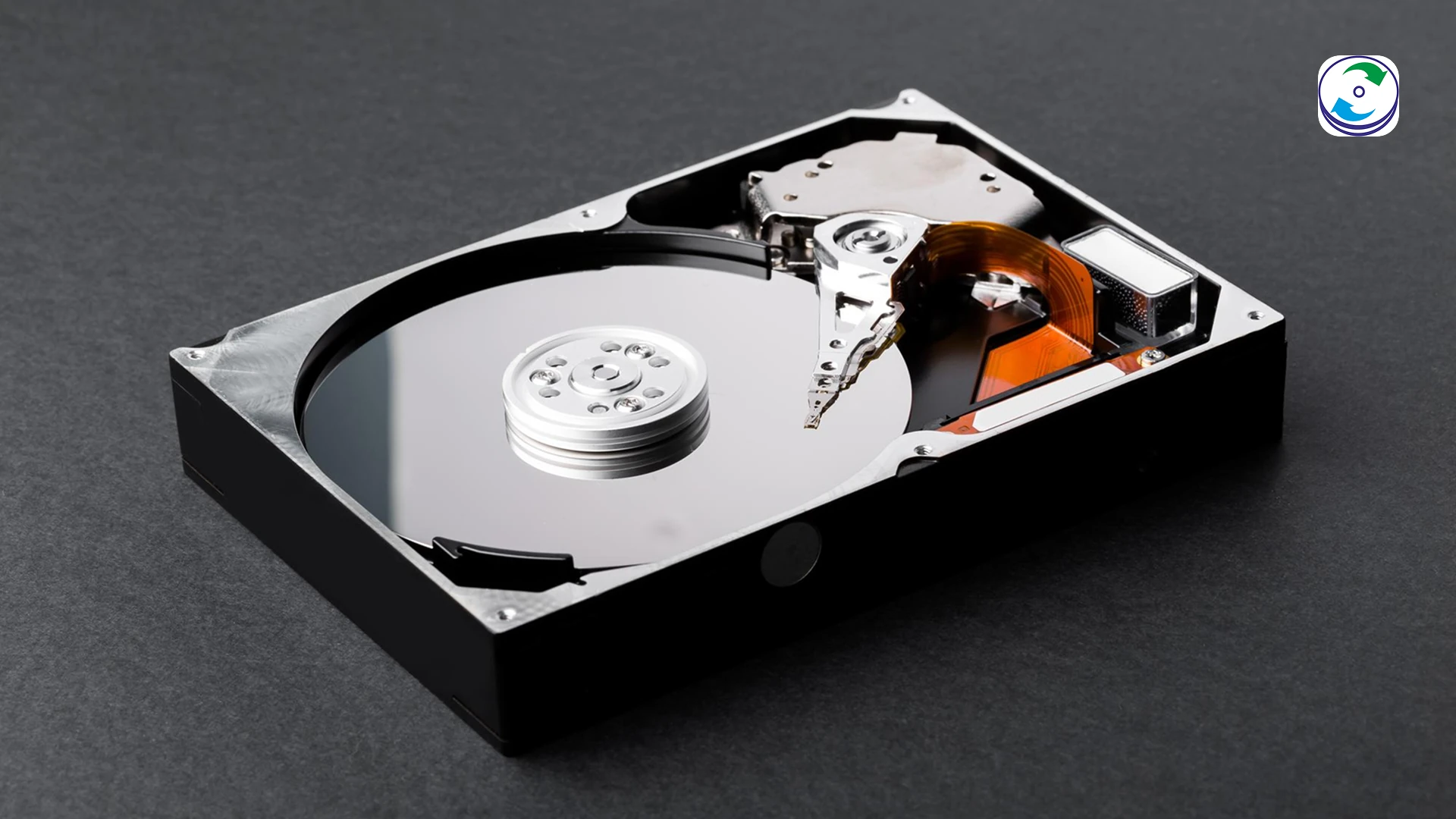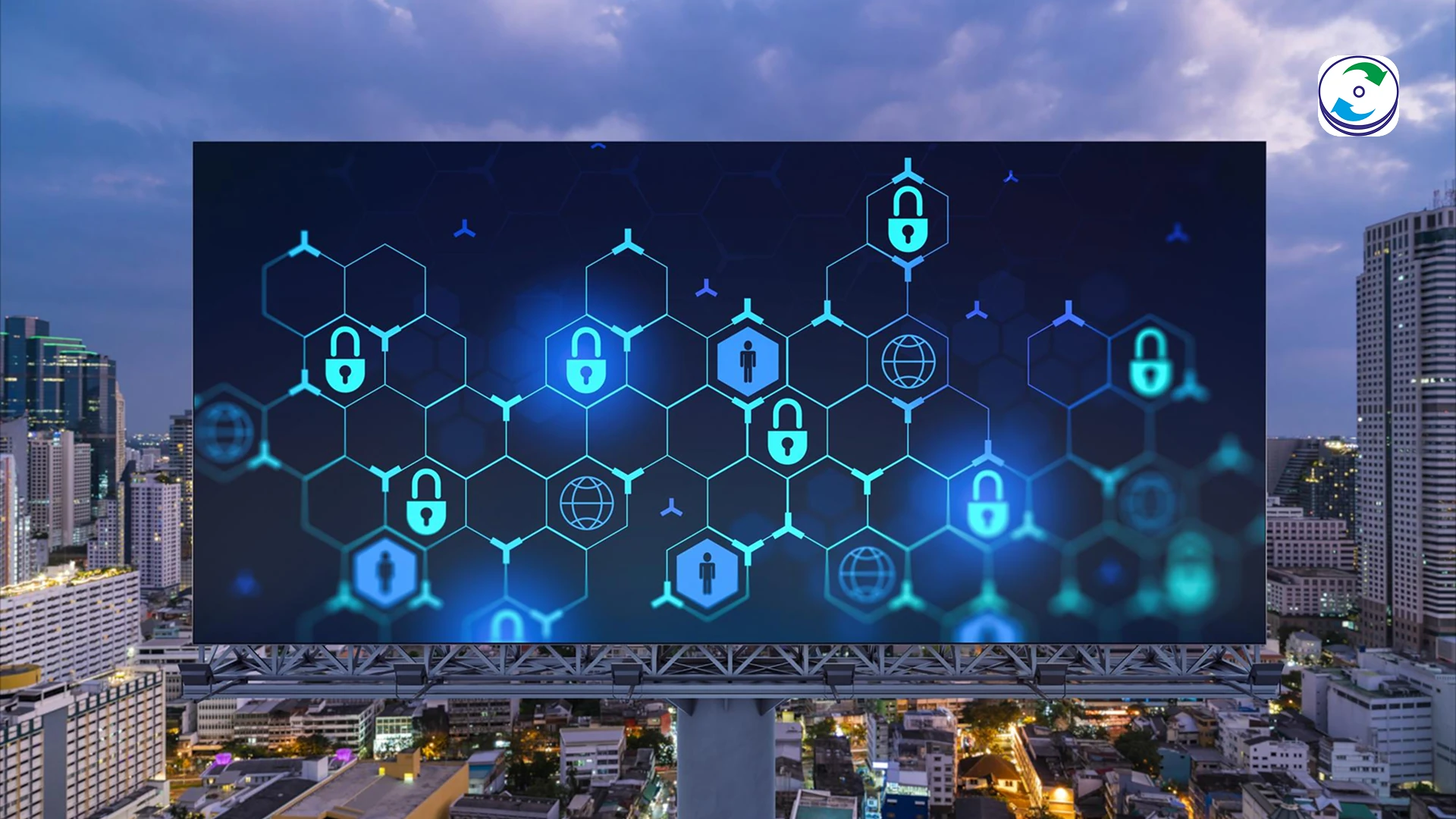From Disaster to Discovery: The Role of Data Recovery in Legal eDiscovery and Litigation
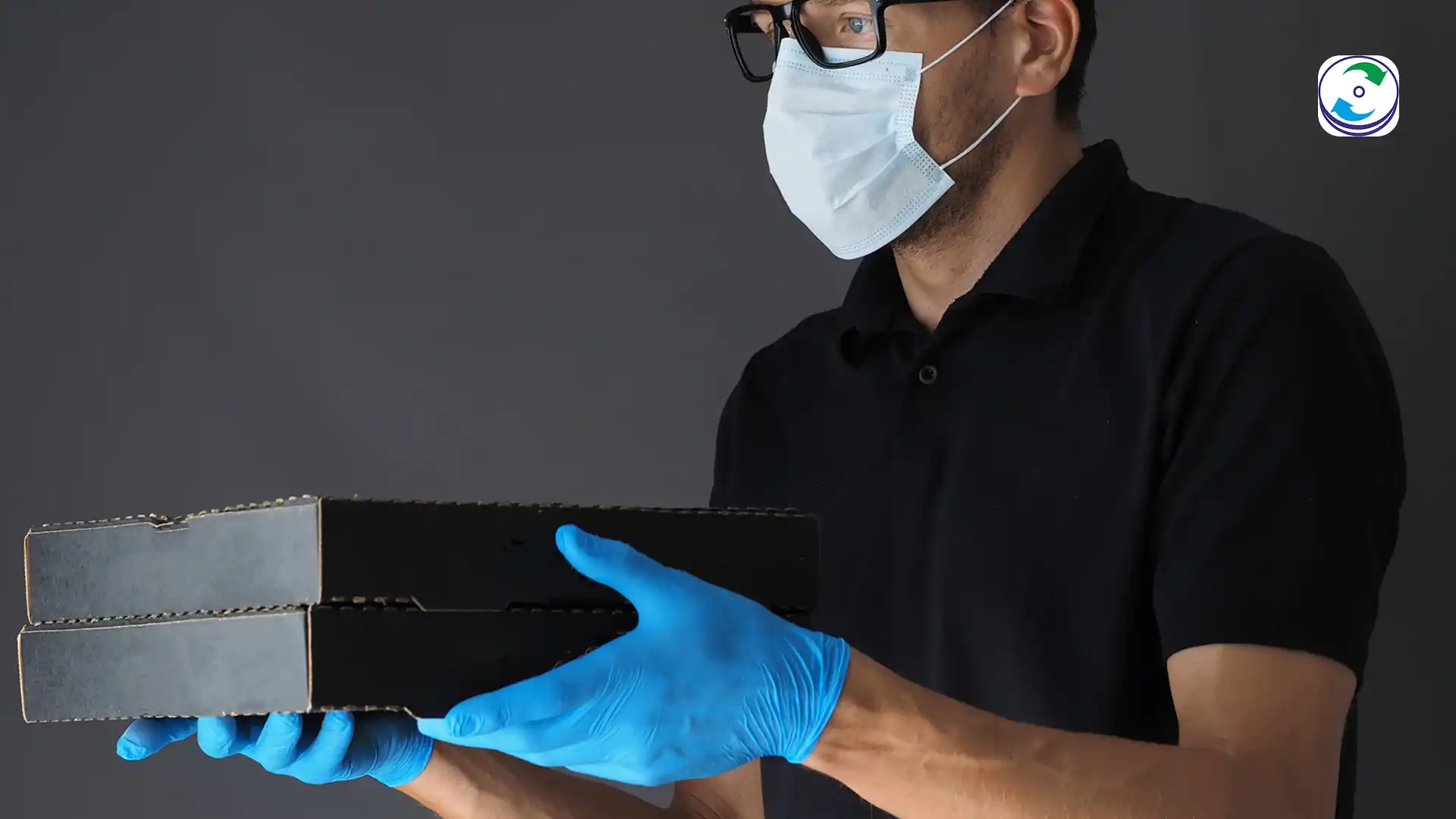
Introduction
In the world of litigation, data is evidence. Every deleted email, fragmented document, or corrupted hard drive holds potential Electronically Stored Information (ESI) that can make or break a case. For legal teams, IT managers, and compliance officers, a server crash or a dead employee laptop is not just a hardware failure—it is a catastrophic risk to the legal hold process.
This is where data recovery transcends mere repair and becomes a critical component of eDiscovery. When data is needed for legal proceedings, the goal is not simply to “get files back,” but to perform a forensic extraction that is legally defensible, complete, and verifiable in a court of law.
Recovery vs. Forensic Extraction: The Legal Difference
While standard data recovery aims to restore accessibility to files, forensic data extraction adheres to a stricter protocol designed to preserve the integrity of the evidence.
The two key pillars of forensic extraction are:
-
Write-Blocking: The recovery process must prevent any modification to the source media. Professional labs use hardware write-blockers to create a perfect, bit-for-bit clone of the original drive before any work begins. This ensures that the original evidence remains untouched, preserving critical metadata like access and creation timestamps.
-
Chain of Custody: This is the most critical document. It provides an unbroken record of every person who handled the evidence, every tool used, and every location the drive was stored. This document proves to the court that the data was not tampered with from the moment the legal hold was issued until it was produced in evidence.
If standard, non-forensic recovery methods are used, the resulting data may be deemed inadmissible because its integrity cannot be guaranteed.
The ESI Mandate: Why Every Byte Matters
Legal rules, such as those governing eDiscovery, mandate that all relevant ESI must be preserved and produced. ESI includes active files, but also:
-
Deleted Files: Fragments of files still residing on the hard drive are often critical for proving intent or timing.
-
Metadata: Timestamps (creation, modification, last accessed) are often more important than the content of the file itself.
-
Hidden Data: Files embedded in application caches, slack space, and unallocated clusters.
When an employee’s laptop fails, the simple act of trying to boot it or run commercial software can overwrite the very deletion flags and metadata that a legal team needs to prove when a document was created or who deleted it. This destruction of evidence can lead to severe sanctions (spoliation) against the organization.
At DataCare Labs, we operate as a specialized extension of your legal and IT teams, providing legally sound data recovery services:
-
Immediate Legal Hold Compliance: Our process begins the moment the drive arrives, with immediate documentation and the application of write-blockers to preserve the original state.
-
Cleanroom Integrity: Physical recoveries are conducted in our Class 100 Cleanroom to repair mechanical failures without contaminating the media, ensuring the data structure remains intact for forensic analysis.
-
Advanced Metadata Extraction: We utilize proprietary tools to delve into the physical sectors of the drive to recover not just the file content, but the crucial hidden metadata and fragmented evidence that commercial tools miss.
-
Verifiable Production: We provide the recovered data on secure, certified media along with the complete Chain of Custody document, ensuring the evidence package is admissible and ready for the eDiscovery production phase.
Conclusion: Data Recovery is a Forensic Imperative
In litigation, there are no second chances. The data recovery process is the moment of truth for the preservation of critical evidence. Attempting a DIY fix or sending evidence to a non-certified lab risks permanent data loss and, more critically, the inadmissibility of the recovered evidence due to a broken Chain of Custody.
When the legal stakes are high and ESI is required, partner with the experts who understand the rigorous standards of forensic extraction. Contact DataCare Labs immediately upon issuing a legal hold to ensure your digital evidence is preserved, recovered, and legally defensible.

